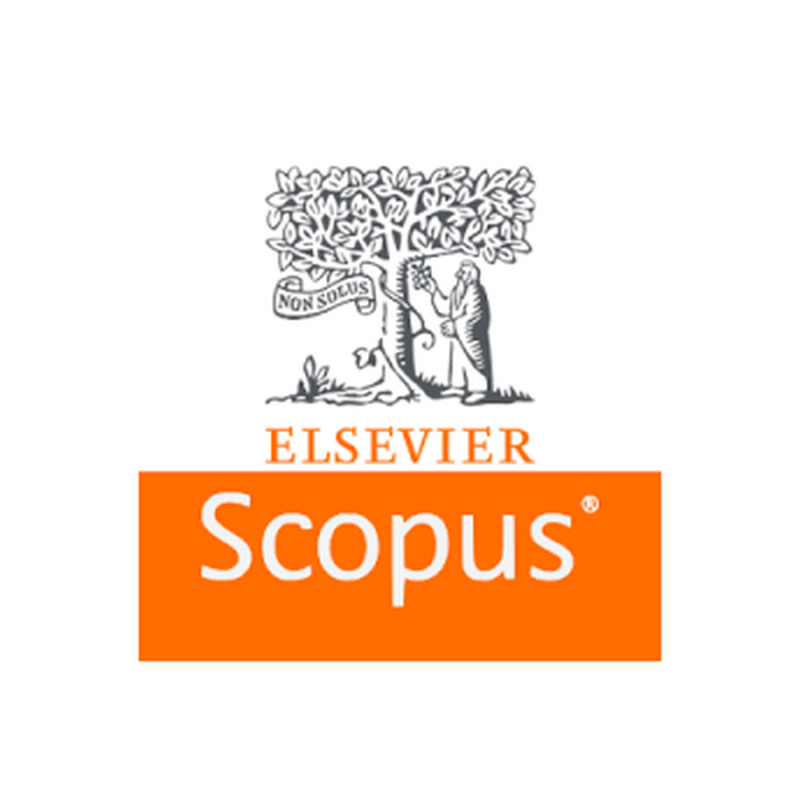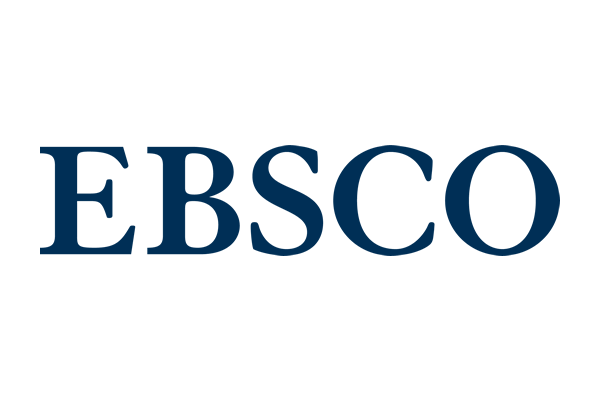Reviewers
Reviewing a manuscript written by a fellow scientist is a privilege. However, it is a time-consuming responsibility. Hence, the INJES's Editorial Board, authors, and audiences appreciate your willingness to accept this responsibility and dedication. INJES adheres to a double-blind peer-review process that is rapid, fair, and ensures a high quality of articles published. In so doing, INJES needs reviewers who can provide insightful and helpful comments on submitted manuscripts with a turnaround time of about six weeks. Maintaining INJES as a scientific journal of high quality depends on reviewers with a high level of expertise and an ability to be objective, fair, and insightful in their evaluation of manuscripts.
REVIEWERS' RESPONSIBILITIES
If INJES's Editor-in-Chief has invited you to review a manuscript, please consider the following:
1- Reviewing the manuscript critically but constructively and preparing detailed comments about the manuscript to help authors improve their work.
2- Reviewing multiple versions of a manuscript as necessary.
3- Providing all required information within established deadlines.
4- Making recommendations to the editor regarding the suitability of the manuscript for publication in the journal.
5- Declaring to the editor any potential conflicts of interest to the authors or the content of a manuscript they were asked to review.
6- Reporting possible research misconduct.
7- Suggest alternative reviewers if they cannot review the manuscript for any reason.
8- Treating the manuscript as a confidential document.
9- Not making any use of the work described in the manuscript.
10- Not communicating directly with authors, if somehow, they identify the authors.
11- Not identifying themselves as authors.
12- Not passing on the assigned manuscript to another reviewer.
13- Ensuring that the manuscript is of high quality and original work.
14- Informing the editor if they find the assigned manuscript is under consideration in any other publication to their knowledge.
15- Writing review reports in English only.
16- Authoring a commentary for publication related to the reviewed manuscript.
WHAT SHOULD BE CHECKED WHILE REVIEWING A MANUSCRIPT?
Novelty
Originality
Scientific reliability
A valuable contribution to the science
Adding new aspects to the existing field of study
Ethical aspects
Structure of the article submitted and its relevance to authors' guidelines
References provided to substantiate the content
Grammar, punctuation, and spelling
Scientific misconduct



